 |
Richard Tognetti and the Australian Chamber Orchestra
International Associate Ensemble at Milton Court |
The Barbican's Autumn season of classical music presents a striking variety of works and genres, with visiting chamber ensembles, orchestras, operas and more, with premieres by Giacinto Scelsi, Roderick Williams, Bob Chilcott and Donnacha Dennehy, plus two Handel operas.
The Australian Chamber Orchestra, artistic director Richard Tognetti, returns for what is its first season as International Associate Ensemble at Milton Court, with programmes which include Mozart's last three symphonies, Bach, Beethoven and Bartok in a diverse programme which mixes in
Sufjan Stevens and Hildegard of Bingen, and the UK premiere of the film
Mountain, a collaboration between the orchestra and film maker
Jennifer Peedom, which is performed with live music.
In complete contrast, Robert Ames and the London Contemporary Orchestra are presenting the UK premiere of Giacinto Scelsi's 1969 epic
Uaxuctum: The legend of the Mayan city, which they themselves destroyed for religious reasons alongside
John Luther Adams'
Become Ocean of 2013. And the orchestra is working with Universal Assembly Unit to create a unique AI-generated installation in response to these two highly evocative works.
Another residency at Milton Court is that of singer and composer Roderick Williams, where three concerts will present different facets of his art with the BBC Singers, conductor Sofi Jeannin, performing a new piece by Williams and music by Bob Chilcott, all responding to World War One, Williams himself will be performing Hugo Wolf's
Italian Songbook with Rowan Pierce (soprano), Kathryn Rudge (mezzo-soprano), James Newby (baritone), Nicky Spence (tenor) and Christopher Glynn (piano), using a new English version by Jeremy Sams and Christopher Glynn, and he returns with the premiere of a song cycle by Ryan Wigglesworth.
There are further premieres from Irish National Opera with the UK premiere of Enda Walsh and Donnacha Dennehy's opera
The Second Violinist which was premiered in Ireland earlier this year.
The Early Music season features further opera, with Purcell's
Dido and Aeneas with Christine Rice in the title role and the Academy of Ancient Music, director Richard Egarr, in a production by Thomas Guthrie. Then Il Pomo d'Oro, the Featured International Baroque Ensemble, are presenting two Handel operas,
Serse with Franco Fagioli, and
Agrippina with Joyce DiDonato, both directed by Maxim Emelyanychev.
Full information from the
Barbican website.




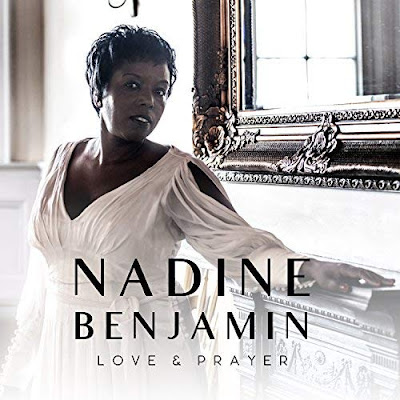




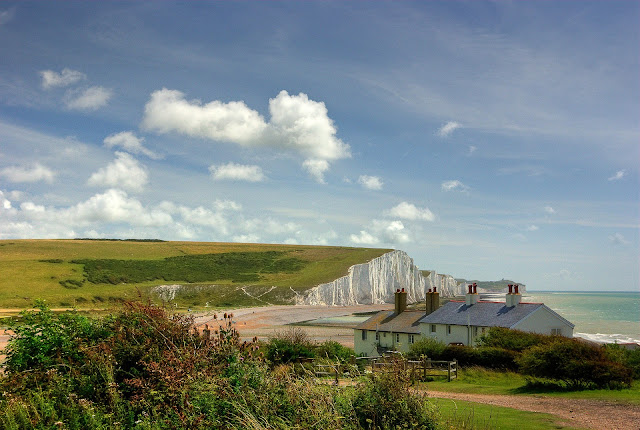

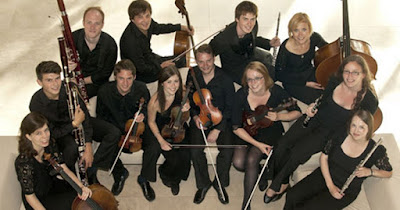
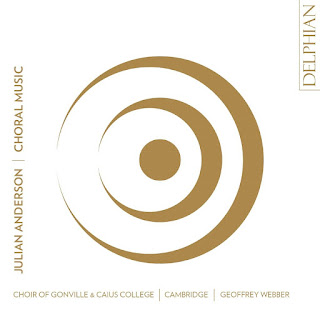

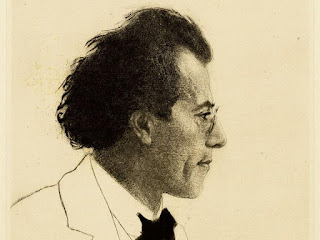











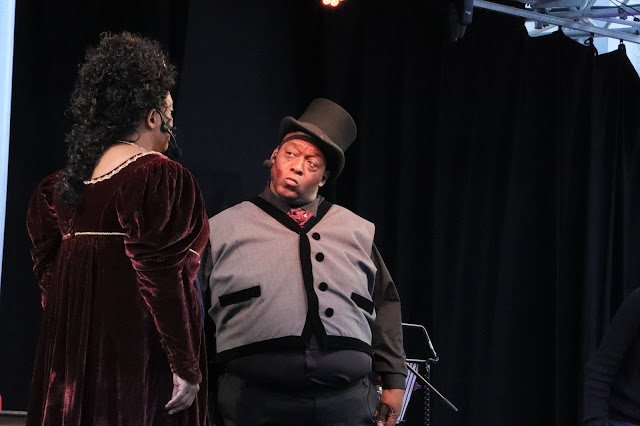


%20and%20kids.jpg)
.webp)


.jpg)


